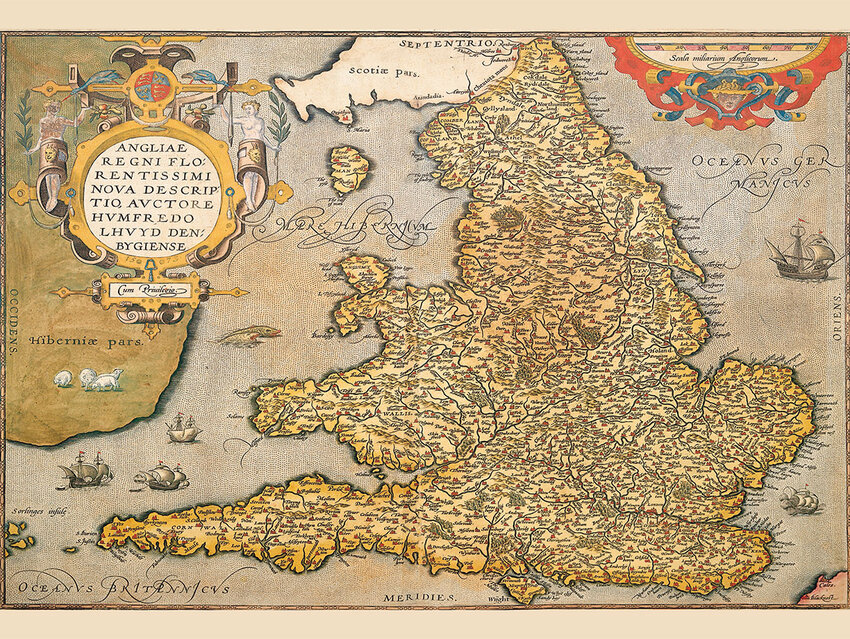Have you ever watched a movie set in the underbelly of society, where there was a special dialect that everyone spoke — a secret code? That type of dialect is called a “cant” (not to be confused with “can’t,” the contraction of “can” and “not”). A cant is a “language particular to a specified group or profession and regarded with disparagement.” These types of secret languages are generally used to exclude or mislead people outside the group in question. The word “cant” has been in use since the early 16th century (from the Latin cantare, meaning “to sing”) but when linguists took notice of the dialects, they also came to be called “cryptolects” or “anti-languages.” One of the most famous of these outsider languages is the thieves’ cant, also known as peddler’s French. It was most widely spoken among criminals in Elizabethan England, but traces of it are present in modern English.
Up to No Good
The thieves’ cant came into popular awareness in the 1560s, when a wealthy Kentish magistrate named Thomas Harman published a treatise, A Caveat or Warning for Common Cursetors, which was a series of pamphlets meant to expose common criminal enterprises of the time to the general public.
His research on the topic showed an underworld much more complex than was commonly understood. Not only did this criminal cast have an elaborate hierarchy of con artists, cutpurses (pickpockets), and beggars, but they also spoke their own language.
Cants Are Everywhere
Nearly all European languages have some equivalent of the 16th-century thieves’ cant; criminals needed languages within languages to conceal their crimes and deceive their marks. In Spain, they called it germanía; in Holland, it was bargoens.
In general, they all borrow grammar from a mother language but replace words with other invented terms (for example, in the thieves’ cant, “London” is replaced by “Rome”). They also use potentially dozens of terms to describe a single concept, a practice called “over-lexicalisation,” with the goal of further throwing off outsiders. In the thieves’ cant, Elizabethan criminals had over 20 terms to describe fellow thieves, including “doxy,” “dell,” and “counterfeit crank.”
These types of secret languages have persisted into the 20th century. A modern-day thieves’ cant was depicted on the HBO show The Wire, as many terms were used to denote different weights and values of illegal narcotics. In Britain, where homosexuality was criminalized until the late 1960s, many gay men used a cant-style jargon called Polari — for example, to take a “vada” at a “bona omi” would mean to check out a good-looking man.
But the mark of a cant is its extreme secret nature. It’s only thanks to Harman’s dedicated research (through bribery and threats of imprisonment) that we have records of what some of the thieves’ cant vocabulary translates to in common English. Perhaps you can incorporate these terms into your present-day mischief (you’ll notice many of these have been preserved in modern slang).
Ace of Spades: A widow.
Ard: Hot, or stolen.
Birds of a feather: Criminals from the same gang.
Flog: Whip.
Hike: Run away.
Lift: Steal.
Palaver: A story made up in court to avoid blame for a crime.
Pound: Prison.
Prig: Thief.
Rascal: A rogue or villain.
Rat: An informant.
Sham: A trick.
Squeak: Confess.
Swag: Loot.
Feature image credit: Buyenlarge via Getty Images

